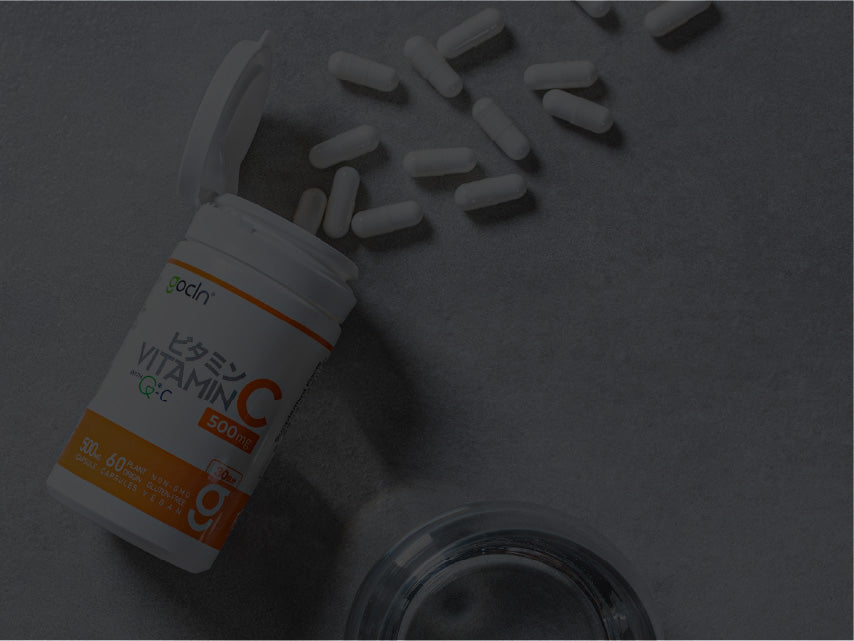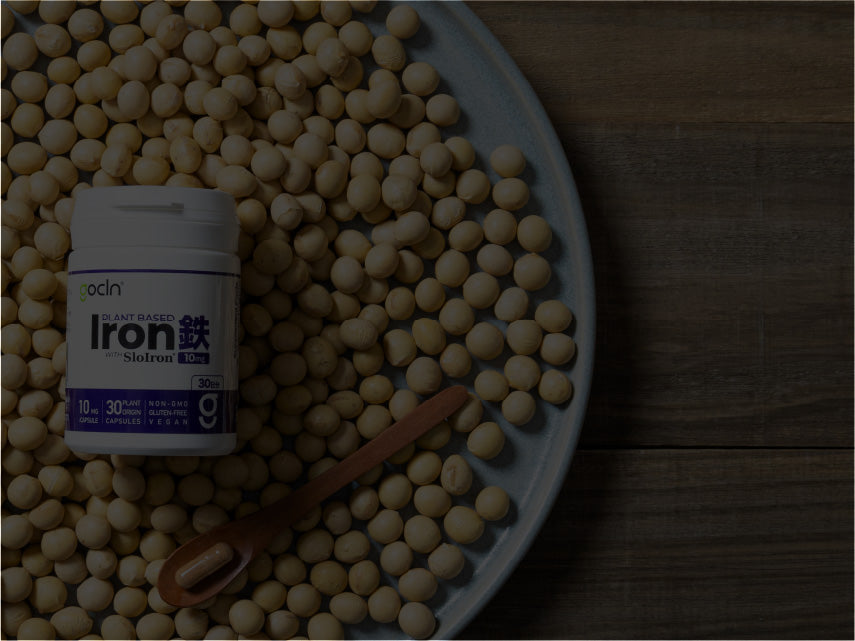Dietary determinants of and possible solutions to iron deficiency for young women living in industrialized countries: a review
Kathryn L Beck et al.
Nutrients. 2014 Sep 19;6(9):3747-76. doi: 10.3390/nu6093747.
Abstract
Iron deficiency is a concern in both developing and developed (industrialized) countries; and young women are particularly vulnerable. This review investigates dietary determinants of and possible solutions to iron deficiency in young women living in industrialized countries. Dietary factors including ascorbic acid and an elusive factor in animal protein foods (meat; fish and poultry) enhance iron absorption; while phytic acid; soy protein; calcium and polyphenols inhibit iron absorption. However; the effects of these dietary factors on iron absorption do not necessarily translate into an association with iron status and iron stores (serum ferritin concentration). In cross-sectional studies; only meat intake has consistently (positively) been associated with higher serum ferritin concentrations. The enhancing effects of ascorbic acid and meat on iron absorption may be negated by the simultaneous consumption of foods and nutrients which are inhibitory. Recent cross-sectional studies have considered the combination and timing of foods consumed; with mixed results. Dietary interventions using a range of focused dietary measures to improve iron status appear to be more effective than dietary approaches that focus on single nutrients or foods. Further research is needed to determine optimal dietary recommendations for both the prevention and treatment of iron deficiency.




